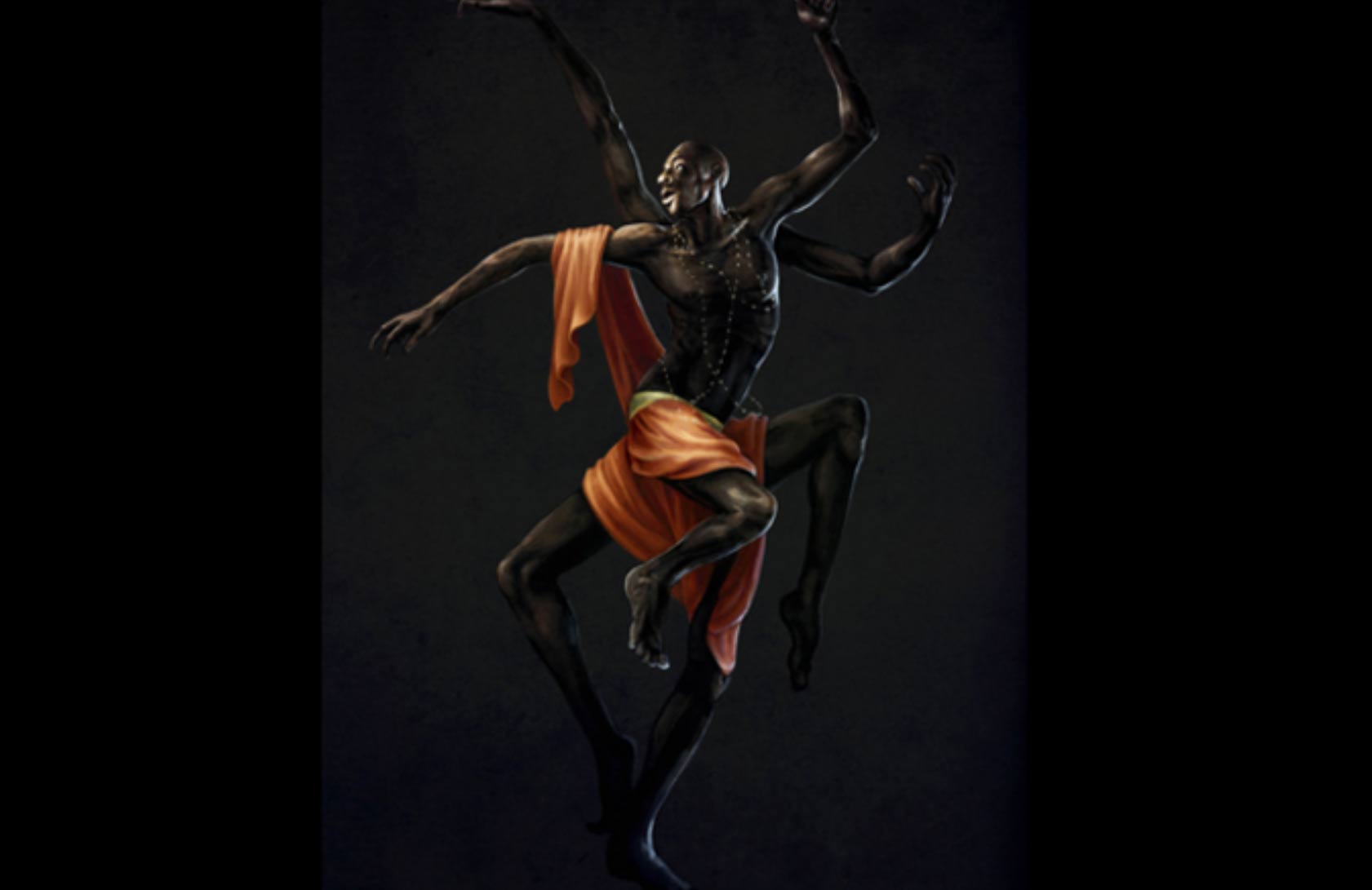Marriage sits on the highest step on the ladder of owambe. Although the term 'owambe' originated from the Yoruba ethnic group in the western region of Nigeria, the Northerners are not left out in throwing massive top-notch parties and shutting it down for a week.
The Hausa ethnic group is the largest in Nigeria. They are predominantly Muslims, and trust me, while they have some unique and interesting customs when it comes to holy matrimony, they sure do know how to throw a party as well. So, in case you intend to marry a Northern-Nigerian beauty of Hausa origins, these are the information you must be familiar with, winks!
Like it is in most African traditional societies, before a Hausa woman can add your last name to hers, her parents must first meet with the groom. The groom must present himself and his family before the bride's family. After scrutiny, of course, they must be sure you have enoughmoney in your bank account to take care of their girl. If the groom is impressive by the purelysubjective standards set by the bride's family, his proposal is accepted and everyone can move to the next stage of the ceremony.
Upon acceptance of the groom's proposal, gifts items such as clothes, jewelry, accessories, kitchen utensils, cash, underwear, and make-up products are handed over to the bride’s family. Visitors of the bride's mother or family are allowed to go through these gifts and check them out. This stage is called Kayan Zance. Peculiarly though, in Hausa land, the bride's family is in charge of furnishing the apartment of the newlyweds. Some say that the beauty of the couple's house shows how much the bride is loved by her family...You should choose your woman carefully if you want to live in paradise. So, where was I....Yes, the second stage is the Daudin Aure. It involves the exchange of marital vows. Hausa tradition has to be one of a kind because the couple do not exchange vows by themselves rather representatives from each family exchange the vows on behalf of the bride and groom with religious officials as witnesses.
Sa lalle has to be one of the most captivating parts of the ceremony. At this stage the bride gets to sit amidst her female friends, relax and paint her lovely fingers with henna. Oh yes, her feet too. The henna is enough to go round so her friends get to design their hands and feet too. This is carried out in the bride's father's house.
Imagine the groom and his family having to negotiate their way into getting their bride. Well, Kamun Amariya is that stage. It is as old as the Hausa tradition itself and it involves a fun filled negotiation with the bride's friends and it lasts about 30 to 40 minutes. The battle for the bride is not over yet as the groomsmen must also negotiate with the bridesmaids, debating on the cash to be provided before the groom can talk to his "sweetheart". Sayan Baki is the second wave of negotiation.
When the bride is finally allowed access to her man, the entire family gather to see her off with prayers and well wishes. This stage is called Kai Amariya. It involves prayers, advises, words of wisdom and usually the waterworks are turned on a little. A rather colorful receptionis held afterwards, in order to add glamour and excitement to the event.
To all the single men and women reading this, I am quite certain that you might fall for someone of Hausa origins after reading this blog post. Hausa culture is rich, distinct, and thoroughly charming. One might almost want to switch tribes, but we don't really get to choose where we are born. What we can choose though, is who we marry, and if you decide to choose a Hausa man, or woman, this is what you’re signing up for. Don’t worry, the flogging tradition you see on T.V, "sharo", is a Fulani thing, and who knows if you engage this post to my liking, I may just decide to write about the intricacies of a traditional Fulani engagement next.
Finally, even if you don't marry a Hausa man or woman, you most certainly now know whento expect next time you’re going up north for a traditional wedding.

We appreciate your contribution.
Join the Oriire Community
Become a free member to get the monthly roundup, unlock more challenges, comment on articles and bookmark your favourites





















Share
0 Comments